Mathematics
Aims
The Mathematics Department is guided by the Mathematics Curriculum Framework of the Ministry of Education. It emphasizes conceptual understanding, skill proficiencies and thinking skills in the teaching and learning of mathematics. These components are integral to the development of mathematical problem solving ability.
The Primary Mathematics Syllabus aims to:
- enable all pupils to acquire mathematical concepts and skills for everyday use and continuous learning in mathematics;
- develop thinking, reasoning, communication, application and metacognitive skills through a mathematical approach to problem-solving;
- build confidence and foster interest in mathematics
Holistic Assessment (HA)
Holistic Assessment is carried out for two main purposes. They are to:
- measure pupils’ attainment and report evidence of learning in different learning areas
- support pupils’ learning and classroom teaching
It focuses on providing information on the learning progress of the child. Through formative and summative assessment tools, both quantitative and qualitative feedback are provided to help the child learn about his/her strengths, weaknesses and steps he/she could take to improve in his/her learning.
-
Learning experiences in the Mathematics classroom are designed based on the C-P-A approach. Concrete components include physical manipulatives which pupils use during lessons. Pictorial representations include drawings, diagrams, charts or graphs that can be drawn by pupils or are provided for the pupils to read and interpret. Abstract refers to symbolic representations such as numbers or letters that the pupils writes or interprets to demonstrate understanding of a task. This approach enables pupils to encounter mathematics in a meaningful way and translate mathematical skills from the concrete to the abstract. It will better support pupils in their understanding of mathematics concepts and promote pupils’ active participation in learning mathematics.
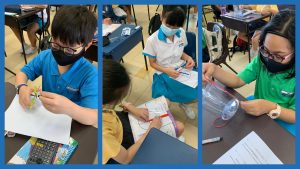
-
- The programme provides early intervention so that pupils will have a good foundation in Mathematics.
- It aims to build pupils’ confidence and positive beliefs about their ability to do Mathematics.
- The focus is on equipping pupils with basic mathematical skills and concepts in a small group teaching so pupils receive more attention.
-
Students experience the relevance of mathematics in their daily lives and learn in a fun way.
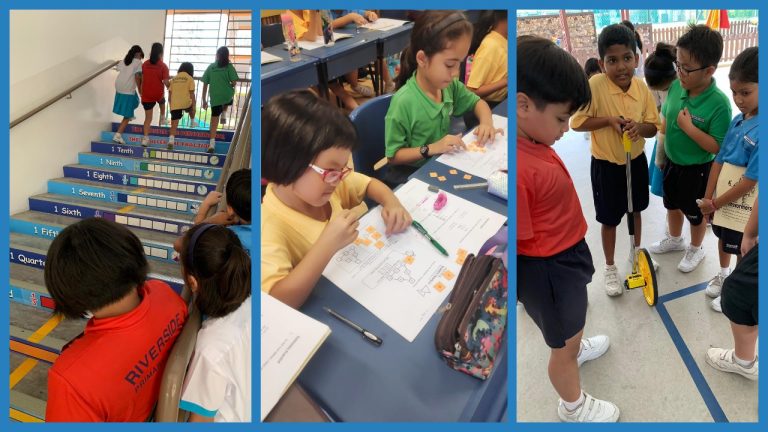
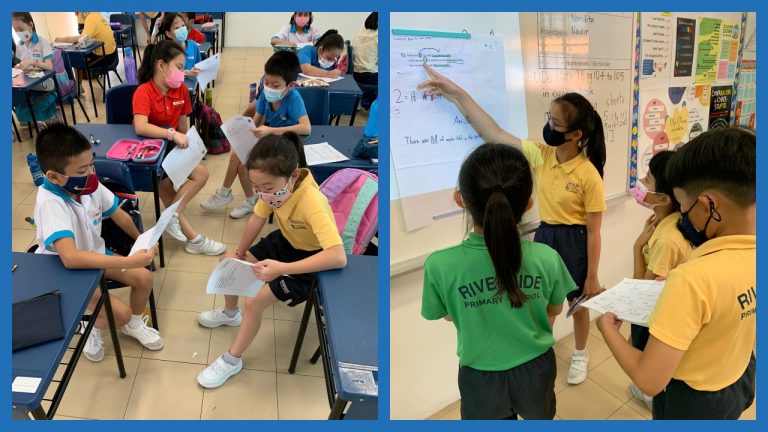
Students engaging in the mathematics communication with their peers.
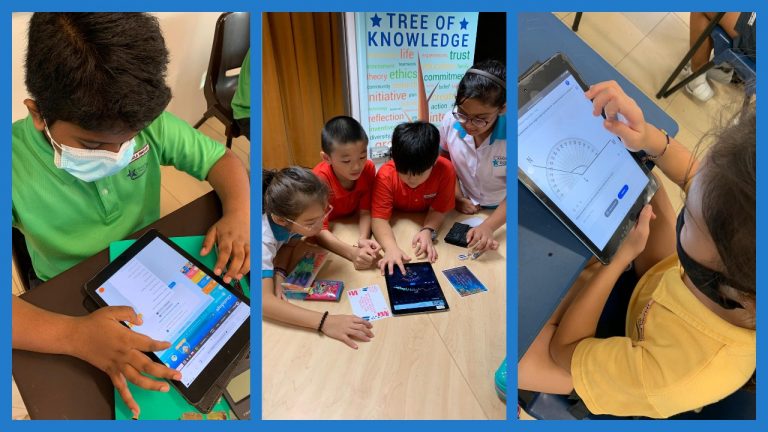
Enthusing students with the use of iPad device in mathematics learning.
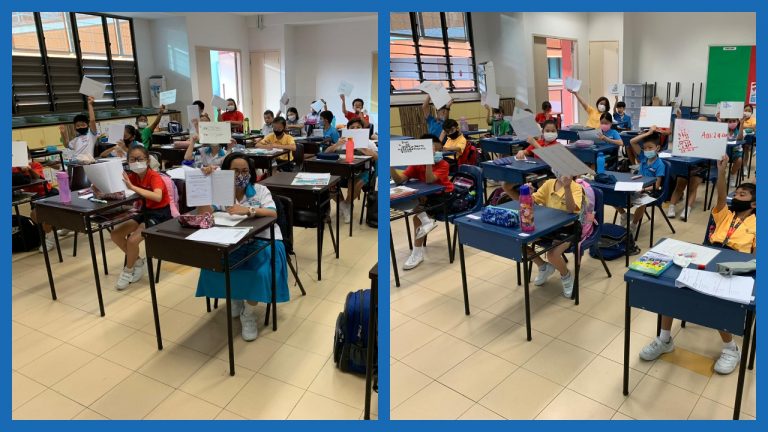
Whiteboarding in session. Accessing students' acquisition of mathematics skills learned.

